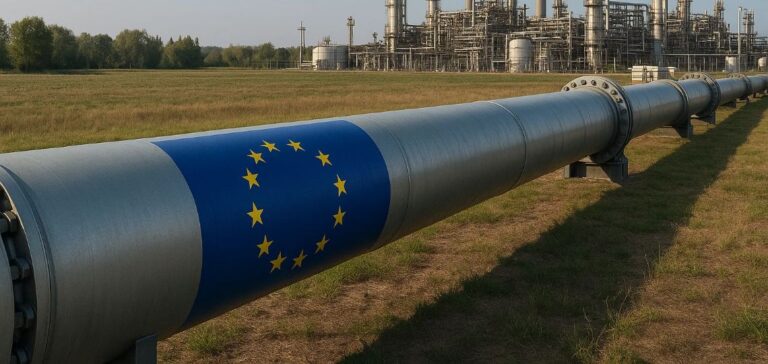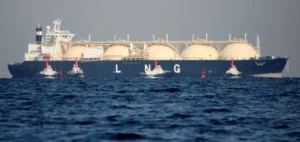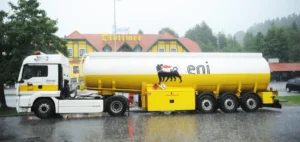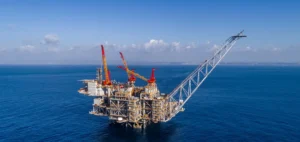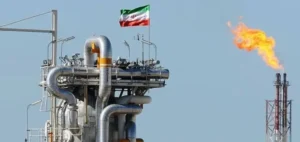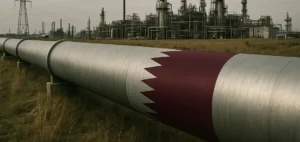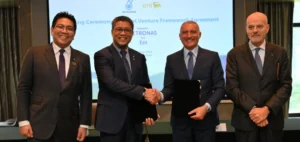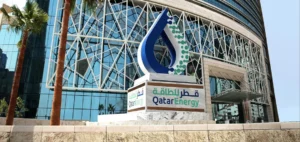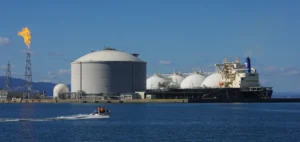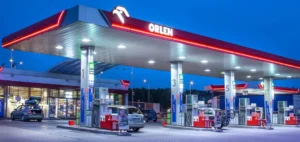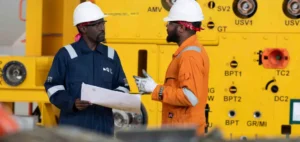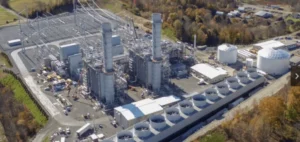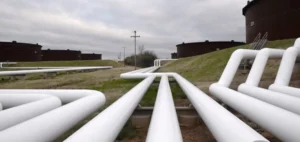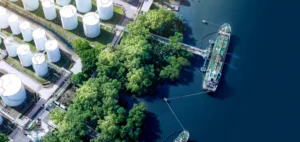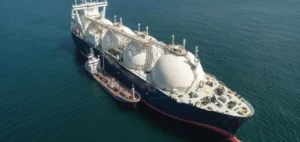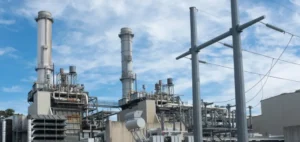European governments aim to maintain strict confidentiality regarding their individual plans to gradually eliminate natural gas imports from Russia by the end of 2027. An internal document, recently unveiled by Reuters, shows these countries intend to protect this information with a so-called “professional secrecy” clause, preventing their disclosure without prior agreement from the respective states. The goal is to avoid speculation that could lead to erratic movements on European energy markets. Denmark, currently holding the rotating presidency of the European Union (EU), has supported this proposal, seeking to address fears expressed by several member states about the possible negative economic impacts of full transparency.
Confidentiality of national strategies
Sensitive details included in these national plans encompass specific measures, precise implementation timelines, and alternative sources of supply intended to replace Russian gas. Governments fear that premature disclosure could enable third-party countries, particularly Russia, to manipulate gas markets by exploiting this information. Confidentiality would thus allow states to retain room for maneuver and manage the energy transition within the Union more smoothly. However, this approach remains contested within the EU itself, highlighting ongoing internal tensions on this issue.
Opposition and internal tensions
Certain member countries, notably Hungary and Slovakia, actively oppose the European plan to phase out Russian gas by the end of 2027. Both states have emphasized significant concerns about their energy security, heavily reliant on current Russian supplies. Slovakia, in particular, has threatened to block the adoption of the EU’s next sanctions package against Moscow, arguing that the specific concerns of countries heavily dependent on Russian gas are insufficiently addressed by Brussels. This divergence underscores the complexity of ongoing negotiations within European institutions regarding the continent’s energy future.
Implications for the natural gas market
This request for confidentiality comes as the European Union accelerates legislative efforts to impose a complete exit from Russian hydrocarbons in the coming years. Currently, Russia remains one of Europe’s main suppliers of natural gas, despite a drastic reduction in volumes imported since the invasion of Ukraine in 2022. Enhanced confidentiality of national plans could increase uncertainty for investors and companies in the energy sector, confronted with reduced visibility on future supply strategies. The European gas market could thus experience heightened volatility, driven by speculation about the precise measures each country will adopt.
The European Union has not yet made a definitive decision on this proposal, which remains subject to intense internal diplomatic negotiations.


